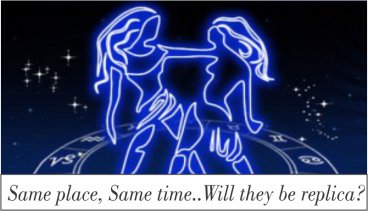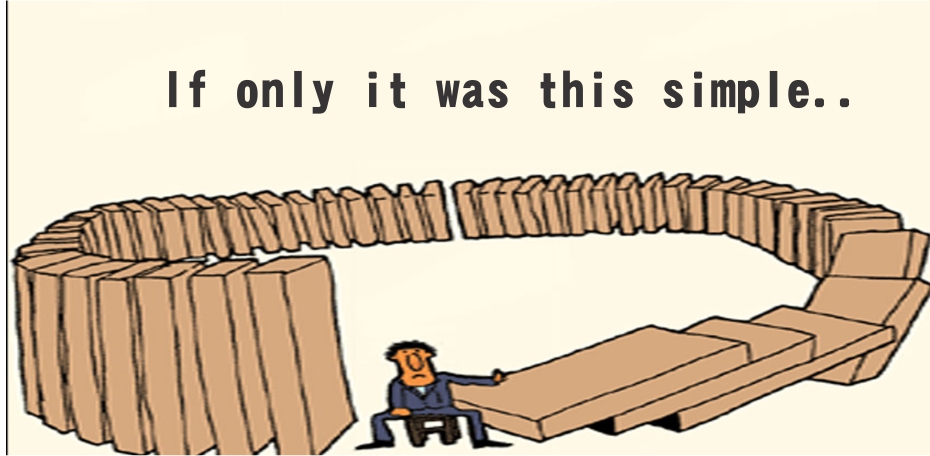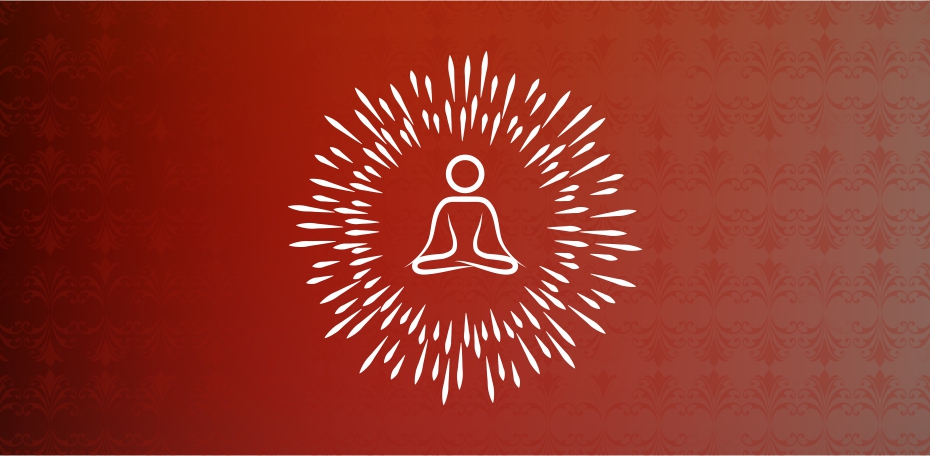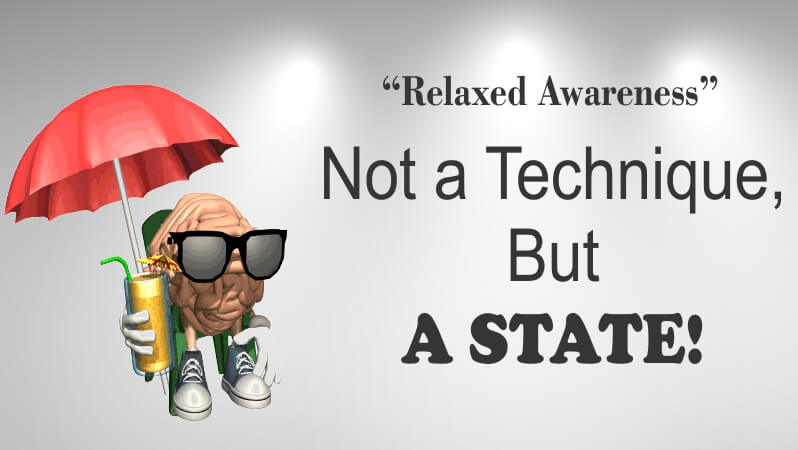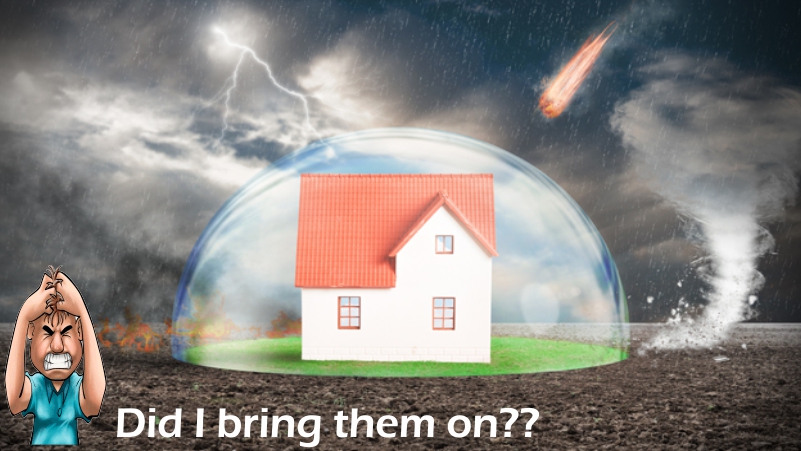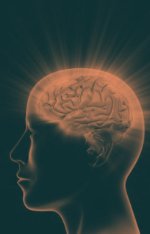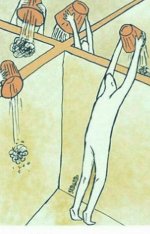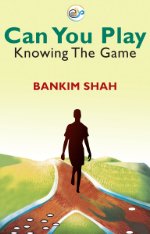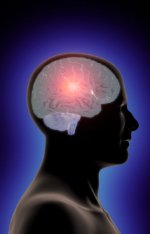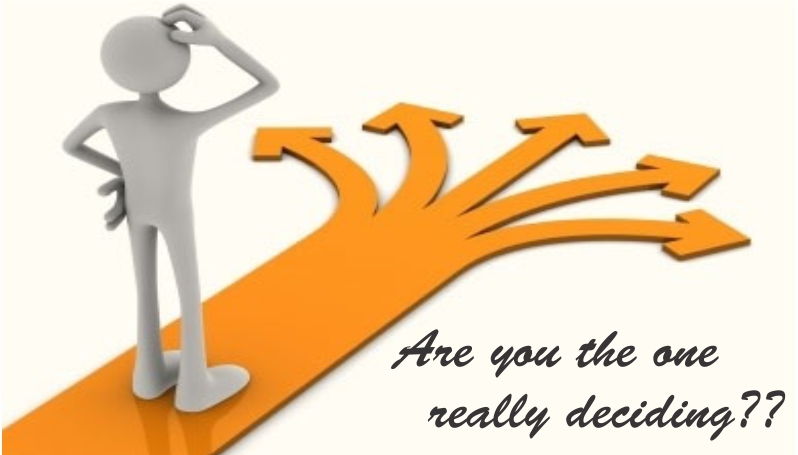
‘Free will is an illusion, does free will really exist, free will does not exist’ – these are the common inquisitive questions and hapless verdicts one is led to as you start to contemplate on the topic of free will. Freewill is a much debated topic since eternity. From the days of the Plato to current modern philosophers and scientists, free will has been a topic that has aroused immense curiosity and interest. Rightly so, it could have far fetching implications. I also noticed that many confusion pertaining to freewill arises because of the different understanding people have of what actually defines free will.
When we talk about freewill, we are in effect talking about two things.
- First, the ability to create choices
- Second, the ability to make choices
The first case basically refers to the fact that we do things we are not naturally genetically designed to do. If this case holds true, it would mean that a person who by default has the traits to be a dancer can become a wonderful scientist. It would mean that we are truly free to design the course of our life. You can pursue whichever direction you wish to. Right at this very moment you can pick up a profession that you otherwise would not like and excel in that. In effect, the first choice basically means that you have the potential to swim against the tide, which we know isn’t true. Any attempt to do that through one’s will power in an attempt to prove this fact will only be limiting and debilitating. So here we definitely do not have free will.
The second case is about the ability to make choices, once you are better aligned with the stream of life and flowing with the tide. You are not contradicting your default choices here. But here again you will notice that any decision of yours in the direction of your choice is stemming from two factors
- Either they are causative
- They are random
Causative Factors for free will
We all have a great engine called brain that makes all sorts of decisions. There are a whole lot of factors that come into play before you make any decision – genetic disposition, memories, events, accidents, and so forth. If you try to figure out the real reason behind any important decision of yours, be it related to career or relationship or else, you will notice that there is a long list of causal chain that actually comes to play before you actually make a decision.
For e.g. a person ended up with a career X because he did not like earlier career Y. He chose career Y earlier because he had obtained the requisite marks and Y fit his agenda then. The reason he scored good marks was because at the last moment he happened to join a tuition class for a specific subject that made him cross the cut off limit. The reason the last minute admission happened was because another student had opted out. There could be further long chain of causes. But for want of a better example, above is what I could come up with and the point is that every decision of yours and every juncture of your life was a result of past causative factors you really had no control over. Like in the above example, had this student not opted out, this guy would not really have been in career X. And maybe he would have been in career Z altogether.
In fact many experiments conducted since the 1980s with help from sophisticated brain MRI devices have demonstrated that before the conscious decision making happens, there is a series of events that take place inside the brain as part of the unconscious mechanism. Only after the unconscious part does it bit, do we become consciously aware of our decisions. The cases these experiments have considered could be simple, e.g. selecting between left and right hand, but still it does throw a lot of questions even if real life complex decision making scenarios. It is this unconscious mechanism that brings all the past memories and experience into picture and does its own arithmetic before it passes its decision into the conscious.
Therefore, at this point if you are deciding between two things that could potentially affect your future, there is a lot of unconscious brain pattern operating before you realize and start weighing the pros and cons consciously.
So if there is an unconscious pattern of activity that is affecting your conscious (which takes into account past causative factors or which is random as in the next point) do you have free will? It further boils down to the fact that are you responsible for the unconscious activity that is happening in your brain? Have you really configured it? Well No. Here the laws of physics take over, from the point your sensory organs sense to the way they get assembled into your body as likes and dislikes. Which is why all people have different likes and dislikes? It is the patterns of the atoms firing within your body which decide whether a pattern is good (you like it) or bad (you dislike it). And you have no control over how a sensory input will really behave and get assembled in your body. You might try to pretend otherwise through your will power though.
But in a natural sense, how your body behaves is not in your control. You have only as much control as much control you have over your height, looks, skin color, hair color and so on. There are specific patterns though that excites in you a larger sense of freewill. One of them being you being able to think what you would like to become. But both (combination of what you want to become and you thinking of it) inherently, are outside your control and are only following the laws of physics while leaving you behind with a compelling reason to believe in free will. It appears then that free will is an illusion, albeit a persistent one that lends it the credibility.
Random Factors for free will
The second case of decision being random comes into play when there are no causative factors. For e.g. you have to select between a vanilla and chocolate ice cream. Here your brain does search for a causative pattern but it comes up with none if there has been no association with either of the ice creams. But then, if is a random phenomenon, do you really have free will? Or can we say with conviction that free will is an illusion?
In most cases though, as you age, it is a prior chain of causative factors that does the trick.
So, does free will really exist?
Given the above factors at play, so do we not really have free will? The good news is that we do. Is very subtle, but it exists. However the freewill that we generally know of and talk about colloquially is only a myth. And there also emerges a question that while we keep saying that ‘we do’ or ‘we do not’ have free will, ‘who in real are we?. And lastly, ‘how do we explain karma then when there is no freewill’? ‘ You can know further where, how and when exactly the real free will comes into the picture and know about your true self and karma from the book ‘Can You Play‘. You can also read more topics on free will in the blog here.

